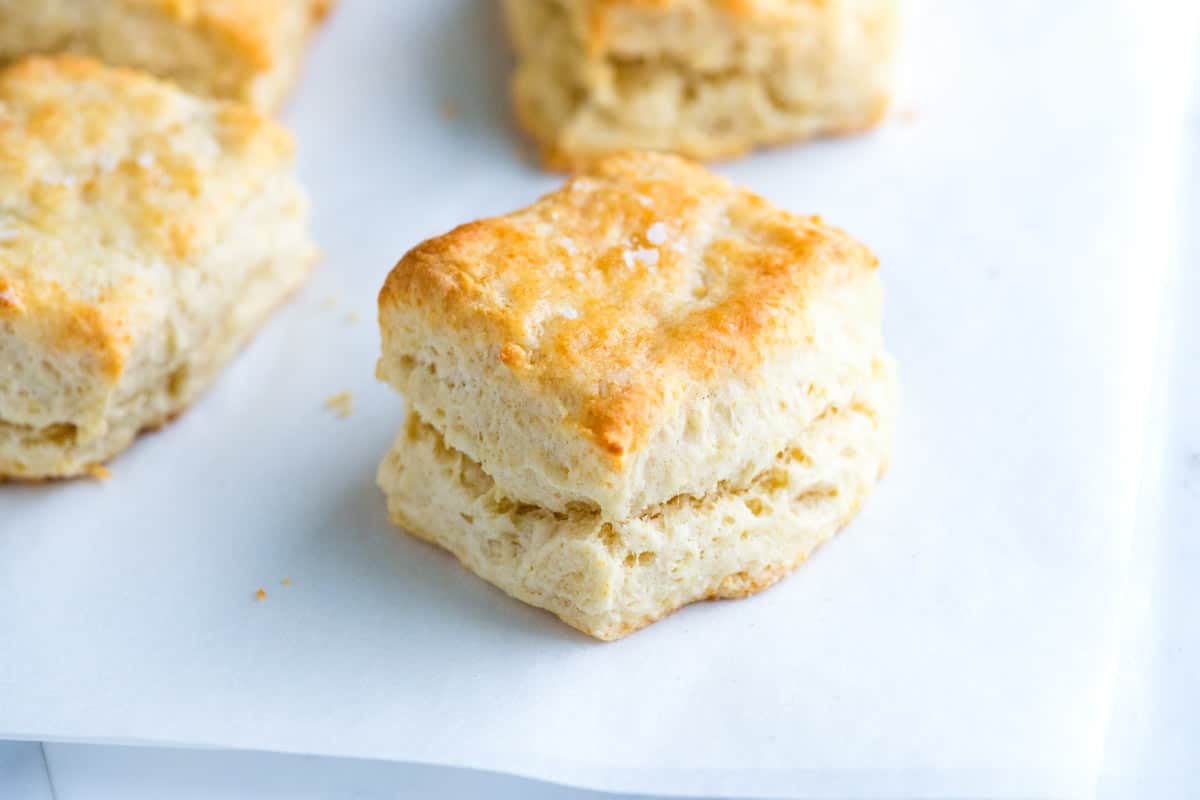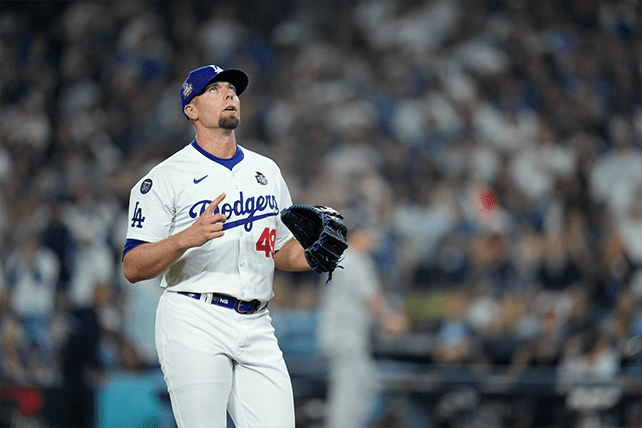The Washington Post and LA Times just stepped into a bigger political mess than the one they tried to avoid
The Washington Post's decision to not endorse a presidential candidate is being seen as a political statement, no matter what Jeff Bezos intended.
SAUL LOEB / AFP
- The Washington Post's non-endorsement of Donald Trump or Kamala Harris has kicked up controversy.
- It comes after the LA Times made the same decision. Both papers are owned by billionaires.
- The non-endorsements are being seen as political statements, whether or not that was the intent.
When is something a newspaper doesn't publish a news story?
In this case, that's right now. And it's actually two stories: The Washington Post won't be endorsing a presidential candidate this year. The move comes days after the Los Angeles Times made the same decision.
The obvious parallel between the two calls is that both newspapers are owned by very wealthy men. Patrick Soon-Shiong, who owns the Los Angeles Times, is worth a reported $6 billion; Jeff Bezos, who owns the Post, is worth a reported $194 billion, making him the third-richest person in the world.
And there are other similarities between the two non-decisions: The rationale behind the moves, for instance, is being communicated quite clumsily.
But the big picture is that whatever the true rationale behind the calls actually is — more on that in a moment — they are being interpreted by observers, including some on their own staff, as a desire to avoid angering Donald Trump, and/or a move to avoid angering readers.
The irony here is that it's entirely unclear that newspaper endorsements affect elections — particularly national ones in a polarized country — at all.
So if either the Los Angeles Times or the Post had announced they were no longer making endorsements a year ago, or even months ago, it's doubtful this would be much of a story. Unless you are a very close New York Times observer, for instance, you are probably unaware that the paper announced it would no longer make endorsements in New York area elections this summer.
Instead, the non-calls, made days before a fraught election, are now the news.
Dia Dipasupil/Getty Images
"This is cowardice, with democracy as its casualty," said Marty Baron, who was the Post's top editor from 2012 through 2021, in a Twitter/X post. "@realdonaldtrump will see this as an invitation to further intimidate owner @jeffbezos (and others). Disturbing spinelessness at an institution famed for courage."
Will Lewis, the Post's publisher and CEO, announced the decision not to endorse in a bylined announcement, framing it as a return to the paper's history. Though the paper had endorsed Donald Trump's opponents in the previous two presidential elections, prior to the 1976 election, the Post didn't make presidential endorsements at all.
"We had it right before that, and this is what we are going back to," Lewis writes.
A separate Post story, though, reports that the Post's editorial page had already drafted a Kamala Harris endorsement. It cites unnamed sources who say Bezos made the decision not to run the endorsement. In a statement to BI, Post Chief Communications Officer Kathy Baird said: "This was a Washington Post decision to not endorse, and I would refer you to the publisher's statement in full."
Explaining the non-endorsement decision in LA
At the Los Angeles Times, owner Soon-Shiong posted on Twitter/X on Wednesday trying to explain the paper's non-endorsement. Instead of an endorsement, he said, he had told his editorial board to draft a "factual analysis of all the [sic] POSITIVE AND NEGATIVE policies by EACH candidate," so that "our readers could decide who would be worthy of being President."
"Instead of adopting this path as suggested, the Editorial Board chose to remain silent and I accepted their decision," he wrote.
It's a bit hard to understand how Soon-Shiong thought this would work. Earlier this summer, the Times' editorial board had already declared that Trump was "patently unfit for office" and "an imminent threat to democracy." If you're starting from that point, a pros and cons list doesn't seem particularly useful.
In any case, Mariel Garza, the editorials editor of the LA Times, told the Columbia Journalism Review that she hadn't gotten a request like that from Soon-Shiong. She resigned in protest on Wednesday.
"Of course it matters that the largest newspaper in the state — and one of the largest in the nation still — declined to endorse in a race this important. And it matters that we won't even be straight with people about it," she wrote in her resignation letter. "The non-endorsement undermines the integrity of the editorial board and every single endorsement we make, down to school board races. People will justifiably wonder if each endorsement was a decision made by a group of journalists after extensive research and discussion, or through decree by the owner."
And the next day, Soon-Shiong's daughter Nika, an outspoken opponent of Israel's military action in Gaza, complicated matters with her own series of Twitter posts, which seemed to suggest that the paper's non-endorsement was a reaction to that conflict.
There is a lot of controversy and confusion over the LAT’s decision not to endorse a presidential candidate. I trust the Editorial Board’s judgment. For me, genocide is the line in the sand.
— Nika Soon-Shiong ???????? (@nikasoonshiong) October 25, 2024
I've asked the Los Angeles Times for comment or clarification.
To get back to where we started: There's little debate about whether people who own newspapers can influence what those newspapers publish. (Whether they should, and how they should if they do, is a different matter.) In fact, some people own news outlets specifically because they want to throw their political weight around. (See: Murdoch, Rupert.)
But no matter what their intentions truly are, the Post and Times' non-endorsements are going to be seen as political statements — no matter what. And if they don't understand that, that's yet another story.
Update: October 25, 2024 — This story was updated with a statement from a Washington Post spokesperson.
What's Your Reaction?
















